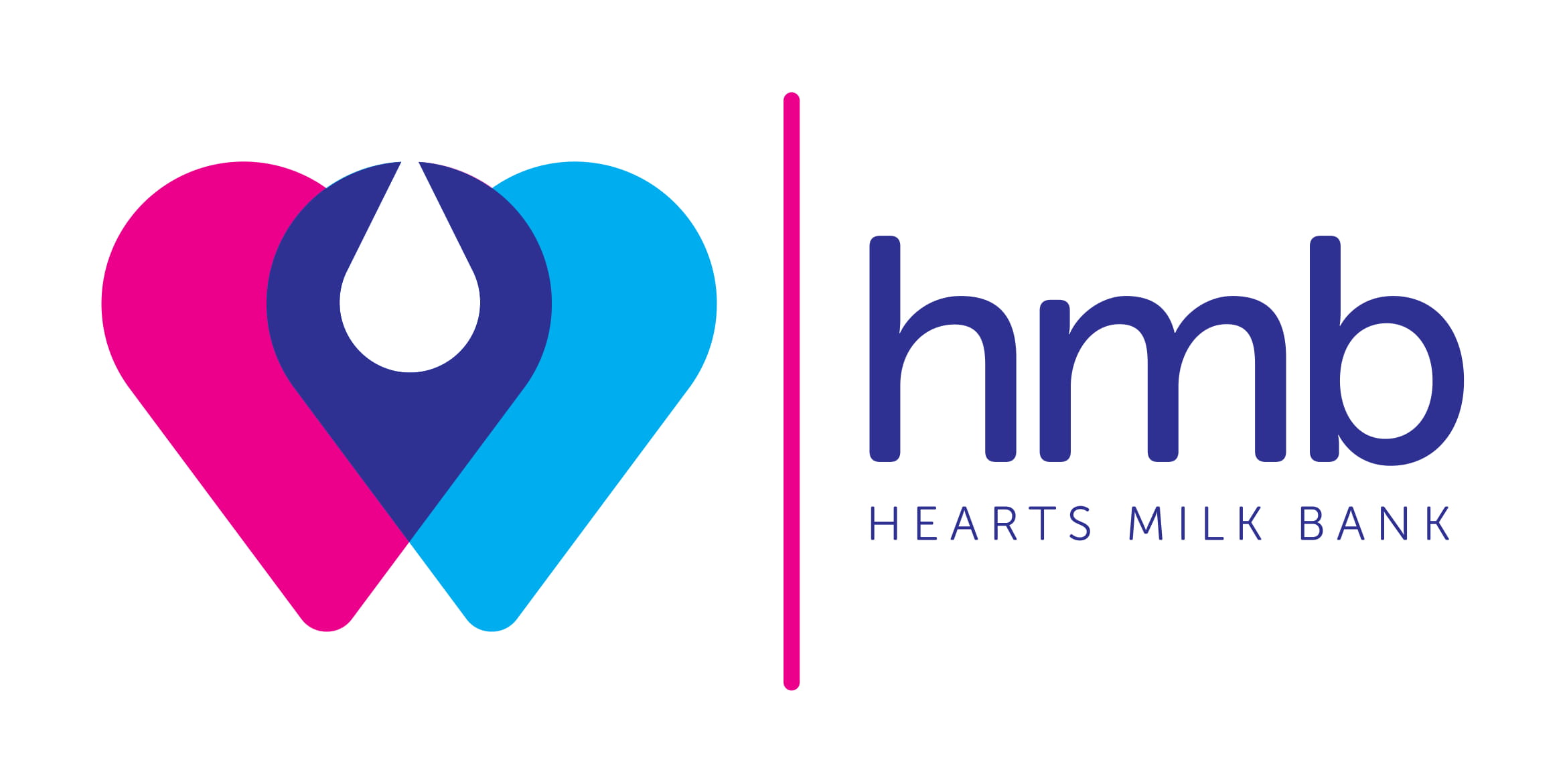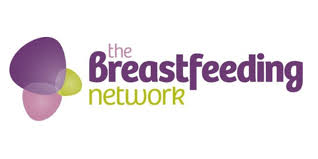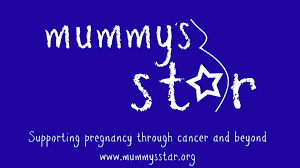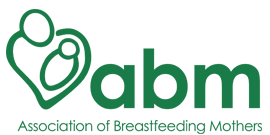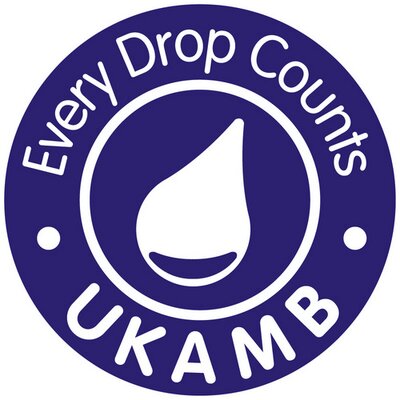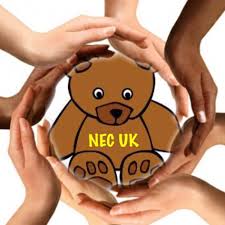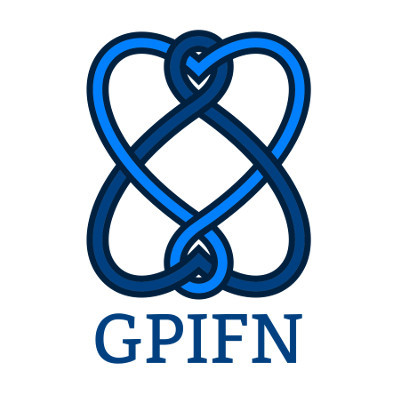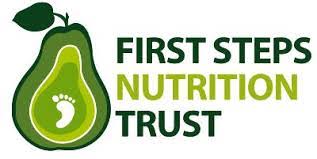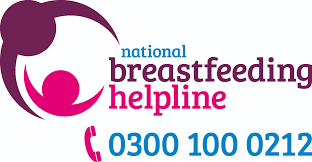Although there has not been a single documented case of a baby becoming infected with a transmissable virus from screened donor milk, a theoretical risk of such an infection exists. Therefore, the safety of donor milk is the paramount concern to every milk bank. At the Hearts Milk Bank, we have adopted the highest standards of safety from the outset.
The National Institute for Health and Care Excellence (NICE) aims to improve health and social care through evidence-based guidance. The NICE Guideline for the Operation of a Human Milk Bank was developed over a 2-year period by a working group that included Gillian Weaver, HMB cofounder, and Dr Jim Gray, Expert Advisor on Microbiology to the HMB. It was published in 2010. Guideline #93 has been fully adopted by the HMB, and referred to daily as a minimum standard of safety. We aim to exceed the safety parameters in the Guideline, and inform its future iterations by conducting carefully designed research studies alongside our routine work that aim to enhance safety, efficiency and cost-effectiveness of the service.
For information on the NICE Guidelines for operating a human milk bank (Guideline #93), please click here.
At the Hearts Milk Bank, we strive to go even further for safety. We have invested in state-of-the-art equipment, such as this Class 2 Biosafety Cabinet, which uses an ultra-microfilter to remove particles as small as viruses from the air within the cabiinet. During processing, milk containers are only ever opened within this cabinet, minimising the risk of any contamination.
The ESCO biosafety cabinet is equipped with an ultraviolet light, which effectively sterilises the cabinet before and after use, as shown here.
One area that needs close attention regardless of the scale of a milk bank’s operation is the tracking and traceability of donor milk. Large scale milk banks can struggle with the processes required to make sure that milk is only issued to hospitals once all of the safety checks have been carried out. When thousands of litres are passing through a milk bank, it can be an enormous but incredibly necessary administrative burden. We are therefore proud and excited to be piloting the Savant LiLac Donor Milk Tracking System this Autumn – Savant are the leading UK company that develop tracking systems for human tissues, and work closely with the NHS Blood and Transplant Service.

